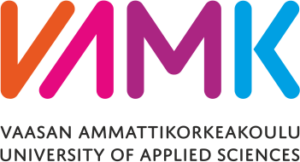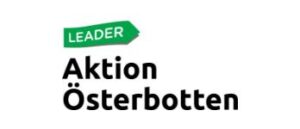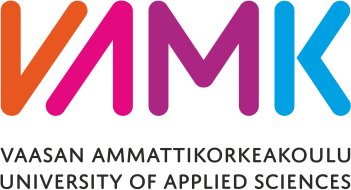

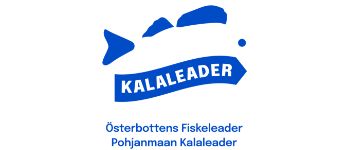
Project information:
Official name of the project: Exploring the feasibility of Floating Islands aquaculture in brackish water in Kvarken (Floating Islands -vesiviljelyn toteuttamismahdollisuuksien selvittäminen murtovedessä)
Duration of the project: 10.7.2024 - 31.5.2025
Project coordinator: VUAS
Project partners: Aktion Österbotten (Coastal Action Group - KAG) - Aktion Österbotten (Pohjanmaan Rannikkotoimintaryhmä, KAG
Funding: EMFAF - European Maritime, Fisheries and Aquaculture Fund, ELY centres create sustainable well-being. Centre for Economic Development, Transport and the Environment,
Budget: 39 365 €
Contact person in VAMK:
Irma Hyry, Senior Lecturer (School of Technology)
tel. +358 207 663 628, irma.hyry@vamk.fi
RDI platform: Smart VAMK
Project code: 304145
Language: Finnish
Project description
The project aims to explore the feasibility of aquaculture using the Floating Islands method in brackish water. The first part of the project is to identify biodegradable floating wetland solutions suitable for the cultivation of salt tolerant plants and the second part is to evaluate suitable salt tolerant wetland plants as 1) seawater purifiers 2) food feedstocks 3) digestion feedstock for biogas production. The project aims to accelerate the development of market-oriented and sustainable product and service systems for aquaculture. At regional level, it will seek to identify models for reducing and restoring nutrient loads in water bodies and increasing food and energy security. Environmental, economic and social sustainability aspects are cross-cutting. The project will investigate natural materials suitable for floating wetlands in theory and practice, as well as the design, lifespan and overall suitability of floating wetlands for hydroponic cultivation of salt-tolerant plants in the sea areas of the Kvarken coast.
Goals
The project aims to further investigate which plants could be grown in Finnish seawater to remove as many nutrients as possible from the water. The potential uses of the plants will be explored, primarily as food, but also as seawater purifiers and biogas feedstock. The technical analysis will include the size and life cycle of the rafts in different locations. The results will be used to assess the techno-economic feasibility of floating islands aquaculture in the Kvarken, taking into account environmental considerations.
Results
The project will be used as a basis for a clear set of guidelines on, for example, plants, raft size and placement for operators wishing to develop Floating Islands aquaculture in Finnish sea water conditions.
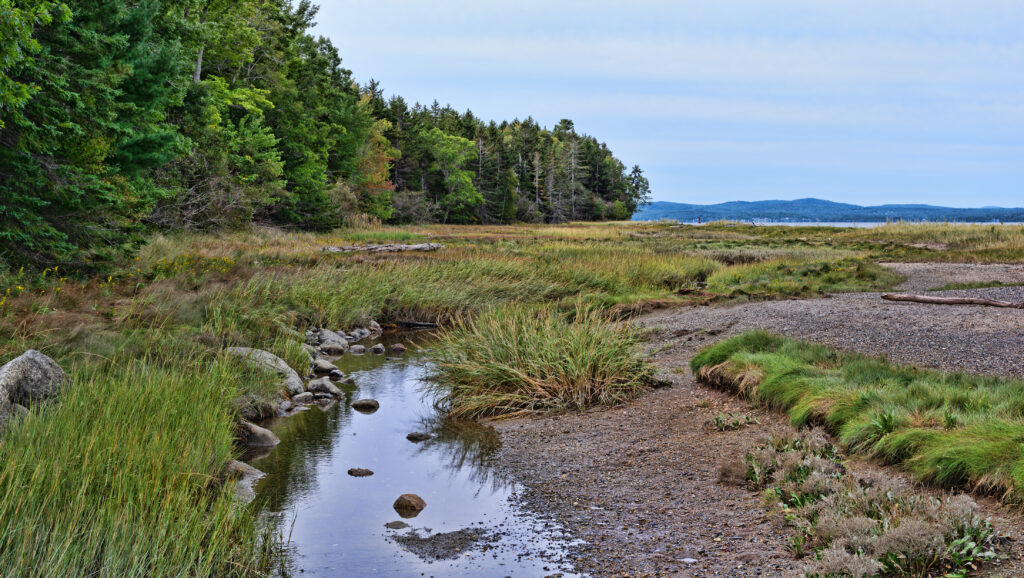
YLE: Floating cultivation tested in Ostrobothnia to prevent eutrophication
A project by Vaasa University of Applied Sciences and Aktion Österbotten is investigating the use of plastic-free floating platforms for growing plants. In the experiments, onions and kale in particular grew well in salt water. The research shows the potential of floating cultivation for environmental protection and food production, and could help Finland combat eutrophication of coastal waters.
NOTE! This article is in finnish.

